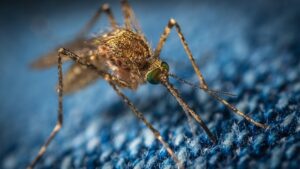A pest exterminator is a professional who maintains healthy living environments by identifying, eliminating, and preventing various pests like ants, rodents, bed bugs, termites, roaches, mosquitoes, and stinging insects. They employ safe handling of pesticides, conduct thorough inspections, develop customized strategies, offer preventive measures, and provide education on pest behaviors. To qualify, exterminators complete high school, state-approved training, and often specialized certifications. Reputable professionals prioritize safety, conduct meticulous inspections, use advanced yet safe equipment, employ diverse techniques like baiting or chemical treatment, and offer flexible scheduling options. When choosing an exterminator, research local companies with proven success, check licenses and insurance, consider specialization, eco-friendly practices, and transparent pricing structures.
Looking for effective pest control? Understanding the role of an experienced pest exterminator is crucial. From identifying infestations to employing specialized techniques, these professionals are your first line of defense against unwanted intruders. This guide breaks down the qualifications, common pests, safety measures, and techniques they use. Learn how to choose the right pest exterminator service for your home or business and reclaim your space from pests.
Understanding the Role of a Pest Exterminator
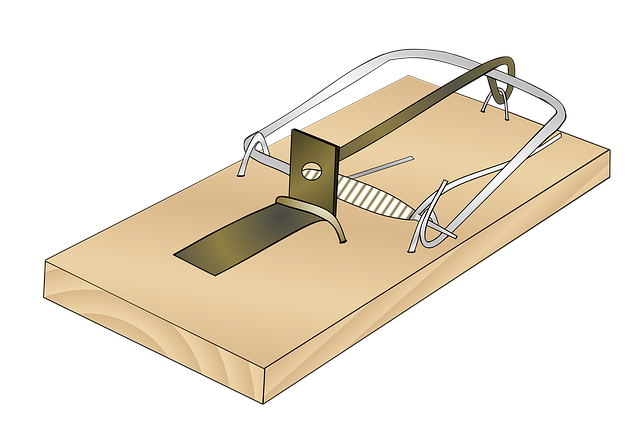
A pest exterminator plays a vital role in maintaining a healthy and safe living environment. Their expertise lies in identifying, locating, and eliminating various pests, including insects, rodents, and other harmful creatures that can infest homes, businesses, or agricultural properties. These professionals are equipped with the knowledge and tools to handle potent pesticides and baits while adhering to safety regulations.
Their work extends beyond simply applying chemicals. Pest exterminators conduct thorough inspections, assess pest activities, and develop tailored strategies to eradicate existing infestations and prevent future ones. They offer preventive measures, provide advice on sanitization, and educate clients about the life cycles and behaviors of common pests. By understanding these aspects, a pest exterminator ensures effective control and long-term protection against unwanted intruders.
Qualifications and Training Required for Exterminators
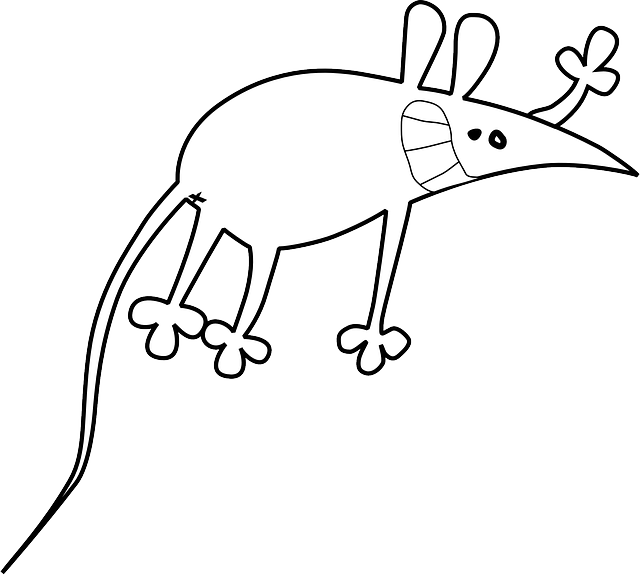
Exterminators, also known as pest control specialists, play a crucial role in maintaining a healthy and safe environment for homes and businesses. To become a qualified exterminator, individuals must undergo extensive training and obtain specific certifications. This ensures they have the knowledge and skills to handle various pests effectively and safely.
The qualifications typically include a high school diploma or equivalent, followed by completion of a state-approved pest control training program. These programs cover a wide range of topics, such as pest identification, safety protocols, application methods for pesticides, integrated pest management strategies, and environmental regulations. Additionally, many exterminators earn specialized certifications in areas like termite control, bed bug treatment, or fumigation, catering to the diverse needs of the pest extermination industry. Regular continuing education is also essential to stay updated with new techniques, products, and industry standards.
Common Pests Handled by Exterminators
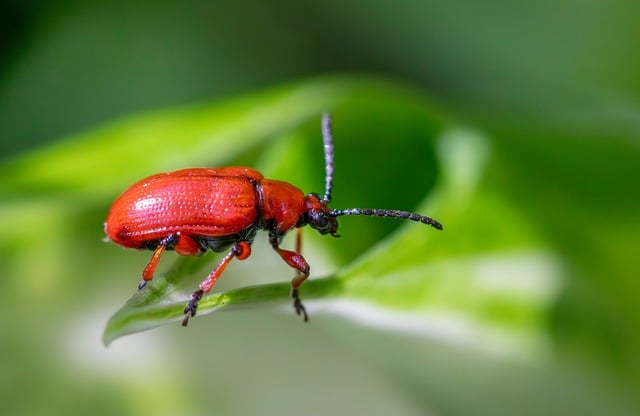
Exterminators are professionals who deal with various pests that can infest homes and businesses. Common pests handled by pest exterminators include ants, rodents like rats and mice, bed bugs, termites, roaches, mosquitoes, and stinging insects such as bees and wasps. These professionals use a range of methods, from chemical treatments to non-toxic solutions, to eliminate and prevent infestations.
When dealing with these pests, experienced exterminators employ tailored strategies based on the type and severity of the infestation. They start by inspecting the property to identify the pest species and their entry points, then use appropriate tools and chemicals to eradicate them. Regular treatments may be necessary to ensure that the problem doesn’t recur.
Safety Measures Exterminators Take During Treatments
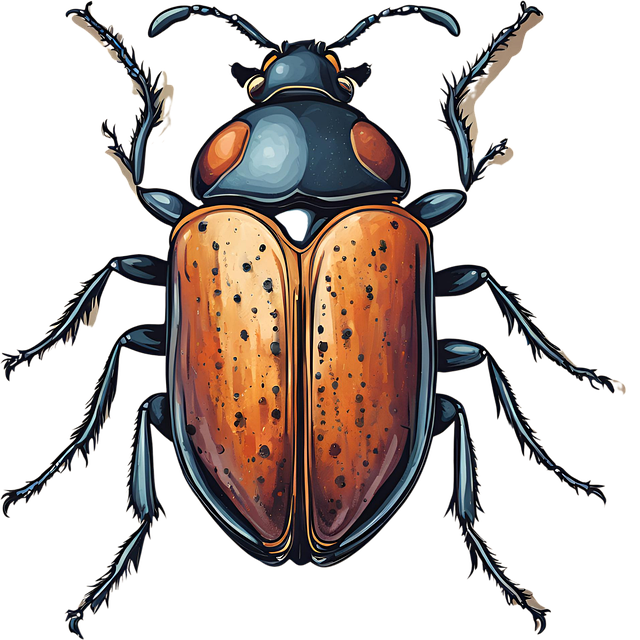
When professional pest exterminators arrive at your property, they understand that safety is paramount. Before beginning any treatment, they conduct thorough inspections to identify the source and extent of the infestation. This allows them to tailor their approach, ensuring minimal risk to you, your family, and pets. Exterminators use advanced equipment and products that are safe when handled correctly, but they take extra precautions such as wearing protective gear, sealing entry points after treatment, and providing clear instructions for post-service care.
Many common pest control chemicals have strict regulations governing their use due to potential health risks. Reputable exterminators stay up-to-date with safety protocols and industry standards, using environmentally friendly solutions when possible. They also offer flexible scheduling options, including evenings and weekends, to accommodate your busy lifestyle without compromising on safety or effectiveness during treatments.
Types of Extermination Techniques Used
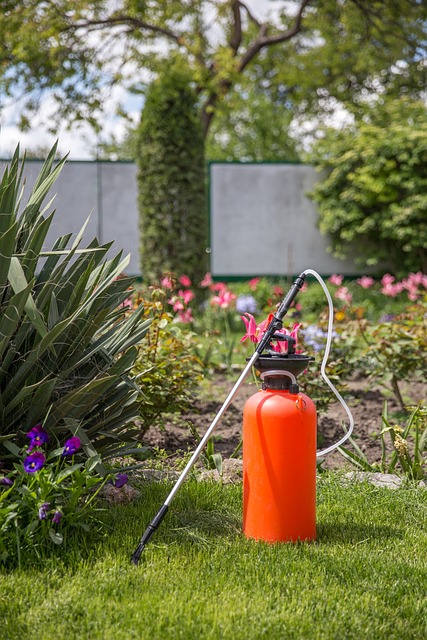
Pest control professionals employ a variety of extermination techniques depending on the type of infestation and the specific pests involved. One common method is baiting, where skilled exterminators place strategic traps or stations containing attractive substances to lure and capture pests. This approach allows for targeted removal while minimizing environmental impact.
Another widely used technique is chemical treatment, involving the application of pesticides specifically designed to eliminate insects or rodents. These chemicals can be delivered through spraying, dusting, or advanced fogging systems. Professional pest exterminators carefully select and apply these products, ensuring safety and effectiveness by adhering to strict industry guidelines and wearing protective gear.
How to Choose the Right Pest Exterminator Service
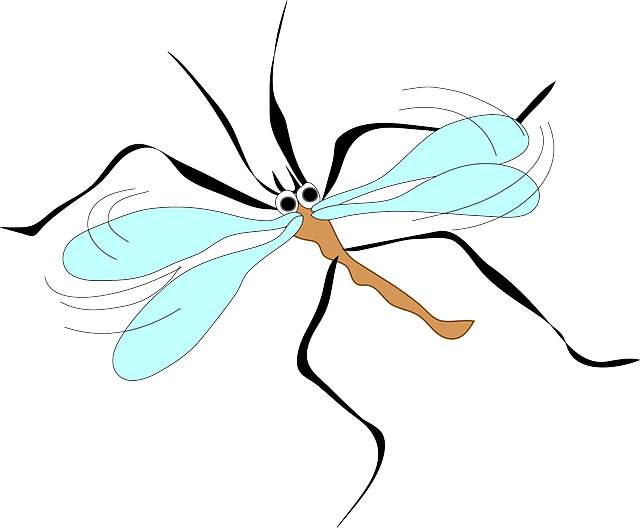
When choosing a pest exterminator, start by researching companies in your area that have a proven track record. Look for licensed and insured professionals with a diverse range of services to cater to your specific needs. Reading reviews from past clients can also give you insights into their quality of work and customer service.
Consider factors such as the types of pests they specialize in, their use of eco-friendly methods if that’s important to you, and their pricing structure. Reputable exterminators will provide detailed quotes without any hidden fees. It’s also beneficial to ask about their treatment process, warranty, and follow-up visits to ensure a comprehensive and effective solution for your pest problems.
